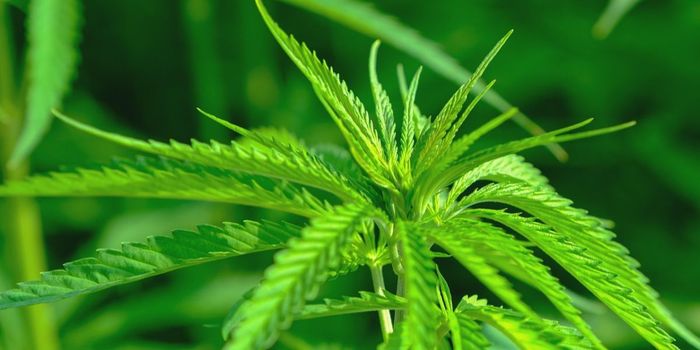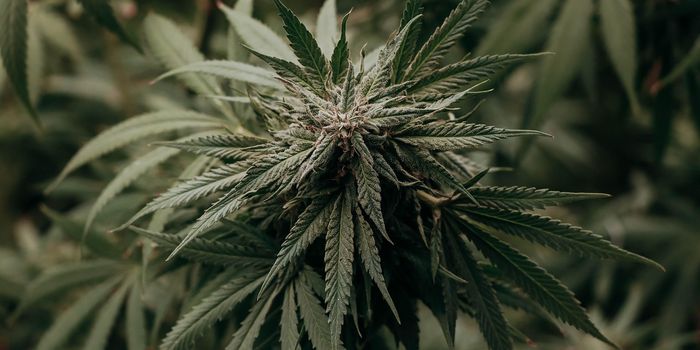Psychedelic DMT Improves Memory by Neurogenesis
Researchers from the Complutense University of Madrid in Spain have found that dimethyltryptamine (DMT), the psychoactive compound in Amazonian ayahuasca tea, promotes neurogenesis, or the formation of new neurons.
“This capacity to modulate brain plasticity suggests that it has great therapeutic potential for a wide range of psychiatric and neurological disorders, including neurodegenerative diseases”, says Jose Angel Morales, one of the study’s authors.
While DMT is found in numerous plant species and botanical preparations, including the Amazonian ayahuasca brew, it is also found in human blood, urine, and cerebrospinal fluid.
Neurodegenerative diseases like Alzheimer’s and Parkinson’s are characterized by the death of certain types of neurons. Although humans generally have the capacity to generate new neuronal cells, it is not always possible, leading to an interest in drugs and substances that can aid this process.
“The challenge is to activate our dormant capacity to form neurons and thus replace the neurons that die as a result of the disease. This study shows that DMT is capable of activating neural stem cells and forming new neurons”, says Morales.
For the study, researchers studied the substance both in-vitro and in vivo in mice over a period of four years. All in all, they noted that DMT activated the subgranular neurogenic niche responsible for the regulation of neural stem cells and the migration of neuroblasts (embryonic cells from which nerve fibers originate), as well as the promotion of new neurons in the hippocampus.
The fact that mice dosed with DMT tended to outperform untreated animals in memory tests then suggested that these new neuronal cells in the hippocampus are cognitively beneficial. As such, the researchers say that DMT enhances adult neurogenesis in a meaningful way that improves spatial learning and performance in memory tasks. How this translates over to humans, however, is subject to further study.
Sources: Neuroscience News, Nature









